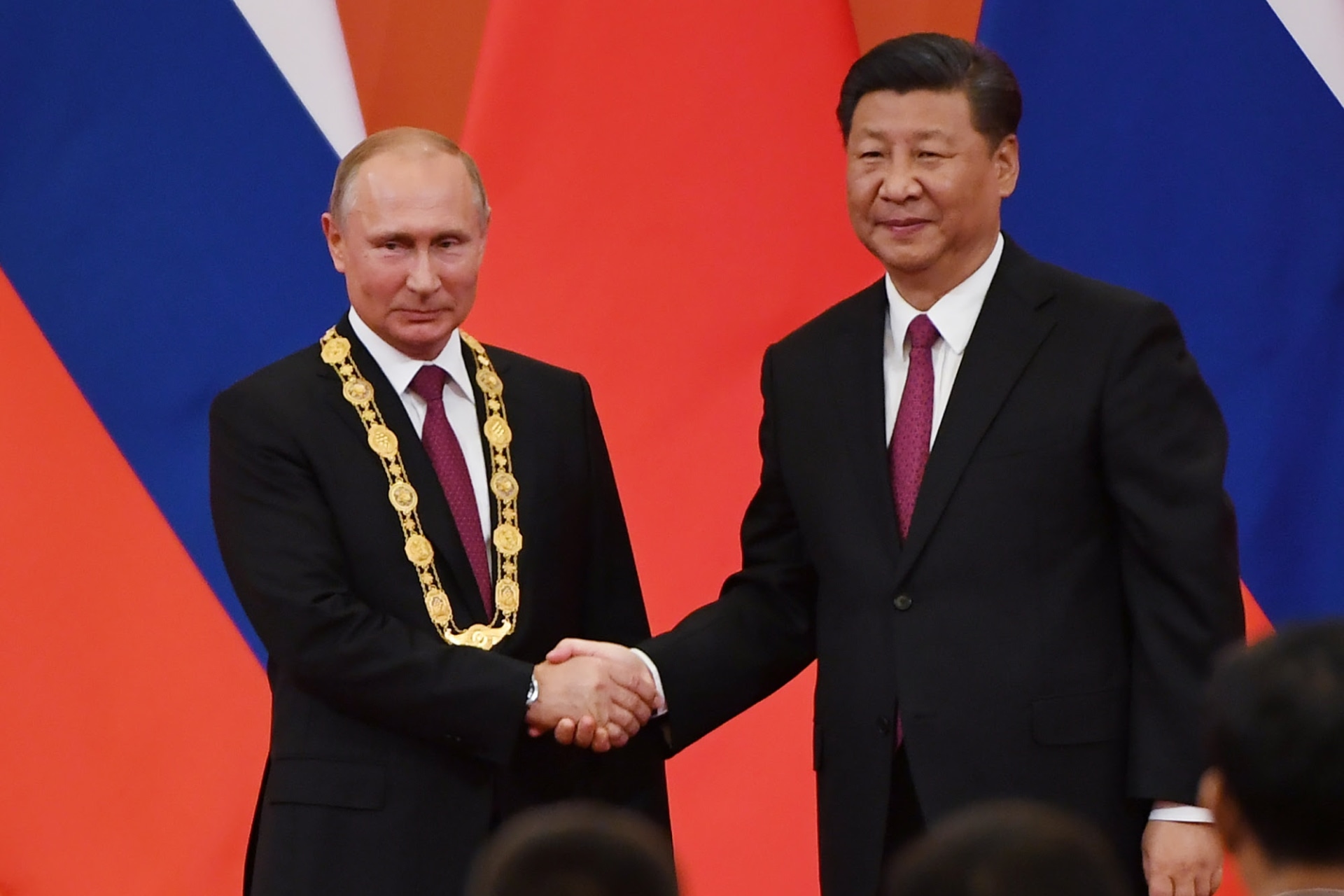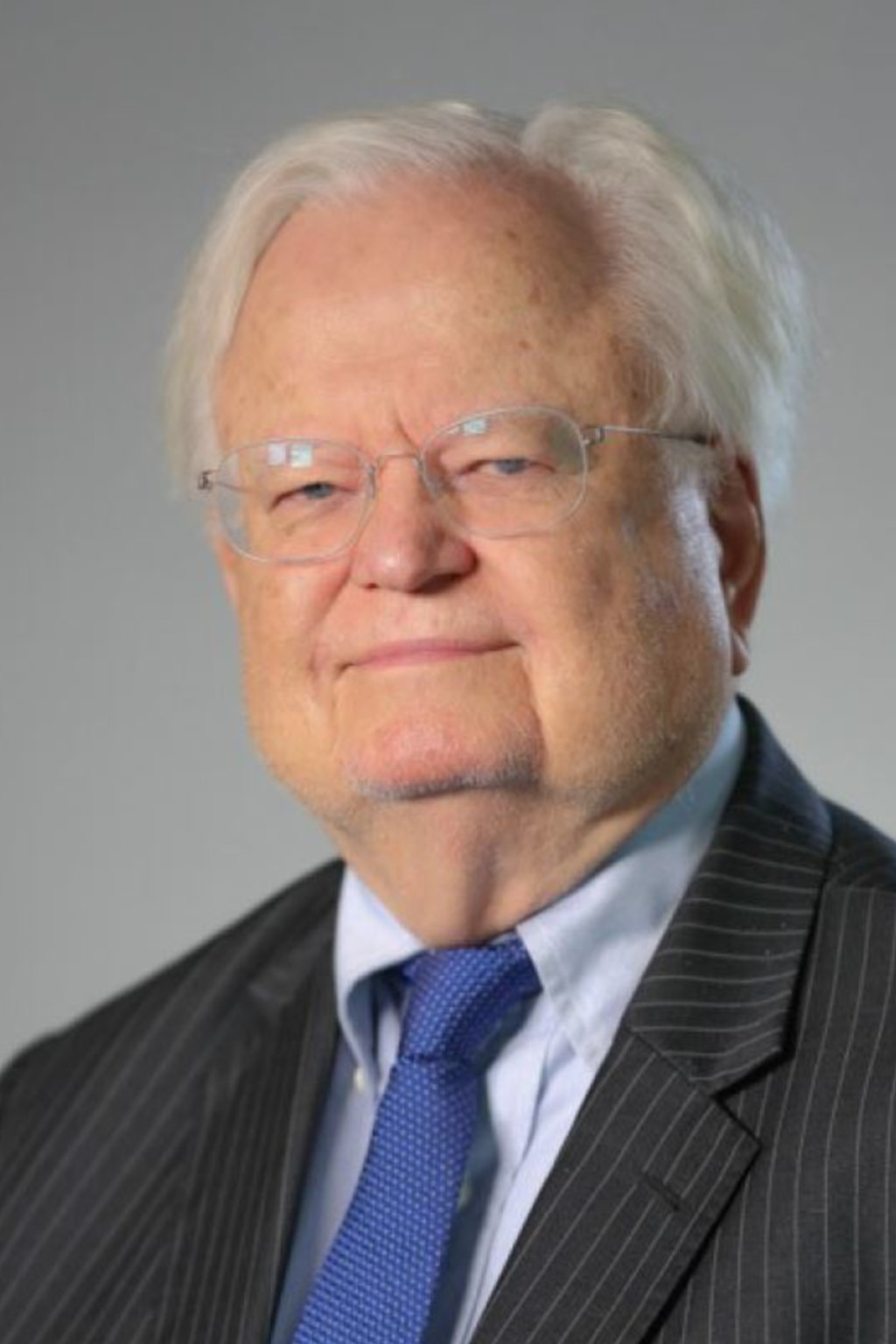Ukraine War Should Slow but not Stop the U.S. Pivot to Asia
Avoiding more crises in Europe and the Middle East is the only way American diplomatic and military might can be shifted to where it’s needed most: the Indo-Pacific.
Originally published at Bloomberg

By experts and staff
- Updated
Experts
![]() By Robert D. BlackwillHenry A. Kissinger Senior Fellow for U.S. Foreign Policy
By Robert D. BlackwillHenry A. Kissinger Senior Fellow for U.S. Foreign Policy
By
- Richard H. Fontaine Jr.
Until recently, a wide bipartisan consensus held that China, not Russia, represented America’s greatest national security challenge and that Asia, not Europe, was the region in which this century’s fortunes would be determined. The long-delayed “Pivot to Asia” would recognize these realities, as the U.S. devoted greater attention and resources to the Indo-Pacific.
Russian President Vladimir Putin’s brutal and unprovoked invasion of Ukraine has upended this approach. Now Washington must deal with revisionist great powers in two regions, while the Middle East also continues to demand attention.
The U.S. should continue a long-term shift to Asia, but in a way that better balances resources and engagements across the three strategic theaters. Paradoxically, Putin’s aggression demonstrates how this should be done.
First, policy makers should absorb the enduring strategic logic behind a pivot to Asia. China combines the greatest capability and will to upend the international order. The Indo-Pacific represents the primary, but not the only, regional theater in which U.S.-China competition takes place.
But a sustainable pivot to Asia is possible only in the absence of serious national security crises in Europe and the Middle East. No U.S. president will ignore a Russian-induced emergency in Europe, a major terrorist threat, or a nuclear and/or hegemonic Iran. America remains a global and not a regional power.
The central challenge is allocating national security resources across all three regions, without either weakening vital U.S. national interests in one or imagining that America can do everything, everywhere. That problem is most acute in the military sphere.
An increase in defense spending will be required, but how that money is spent is equally important. In the Middle East, for example, regular troops should relieve the burden placed on elite special operations forces in security cooperation missions. Washington should move expensive military equipment — like F-35 and F-22 aircraft — to the two arenas of great-power competition, employing less-capable aircraft, including unmanned systems, for counterterrorism missions.
A combination of regional diplomacy and continued deterrence could limit Iran’s regional ambitions, freeing up some of the forces that have deployed to the Middle East in recent years to deter a potential Iran threat.
In Europe, the U.S. should build on its allies’ newfound willingness to enhance their military capabilities and deter further Russian aggression. This should involve moving American troops currently stationed in Europe further east, to countries such as Poland, Romania and the Baltics. Washington should also capitalize on the recent increase in intelligence sharing – including to NATO non-members – by eliminating barriers to sharing defense technology with allies newly willing to invest.
For the Indo-Pacific, Washington should reserve the lion’s share of military resources that matter most, including smaller naval surface ships, long-range missiles and next-generation fighter aircraft. Building on efforts like the Aukus security arrangement with Australia and the U.K. would give regional allies more leverage to strengthen their own defense, helping them better deter China and serve as the frontline in daily competition with it.
Diplomatic resources are less zero-sum than military power, and economic engagement less still. Intense diplomatic work in Europe and the Middle East could bolster the coalitions in each that are willing and able to deal with threats there, and potentially reduce some of the threats themselves. Washington should couple this with an affirmative economic agenda, beginning with re-entry to or renegotiation of the Trans-Pacific Partnership trade agreement.
Over the next several years, the U.S. must adopt a slower, less-intense pivot to Asia than it intended before Putin’s war. That is, however, preferable to no pivot at all, or to pretending that the crisis in European security does not alter American plans. The long game will be all-important.
Balancing U.S. engagement across regions matters for two other reasons as well. Few of today’s biggest problems are primarily or wholly Asian in character. Technology competition, climate change, public health, the world economy and sustainable development are global issues. The U.S. will need to enlist allies and partners across Europe and the Middle East in ad hoc coalitions to address them.
Moreover, the response to Russian aggression has included sanctions and more from countries outside Europe, such as Japan, South Korea, Singapore and Australia. The necessary response to China will include European partners and others.
Russia will remain a threat so long as Putin leads it. China will remain a challenge irrespective of its leader. And the Middle East has a way of generating instability. Increasing the total resources the U.S. will deploy, and accepting some near-term slowing in the Asian pivot, is the only approach that will protect American interests in an increasingly volatile world.
Blackwill and Fontaine are coauthors of an upcoming book on the pivot to Asia in its global context.
